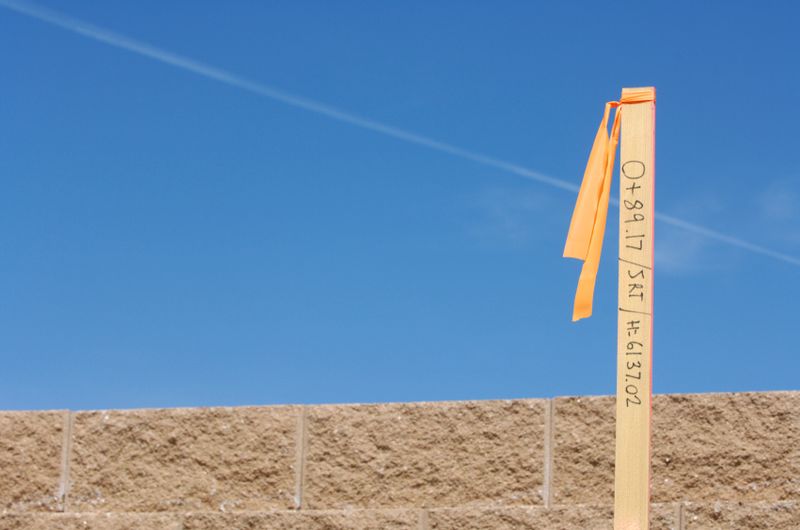Perhaps the most fundamental principle of property ownership in
Ontario is that users of the land registration system can rely on it for
an accurate reflection of title. If an error occurs in the registry,
the courts, or the Director of Titles should have the authority and even
the obligation to correct it.
Those principles were turned upside
down by a court decision in January, and stakeholders are anxiously
waiting to see if the Court of Appeal will reverse the decision.
Some years ago, the owner of a large
tract of land in Northern Ontario legally divided it into three parcels.
At the time of the severance, a gravel road ran from the main highway
across the first parcel, then the second parcel, and into the third.
In order to convert this gravel road
into a registered right-of-way, the owner instructed his surveyor to
prepare a reference plan of survey showing that the registered access
was in the same location as the existing gravel path.
On the ground, the path takes a
detour around a large rock outcrop. Unfortunately, the surveyor prepared
and registered a plan describing the gravel drive with two straight
lines going directly through the outcrop rather than around it.
Access to two of the three lots using
the registered right-of-way would be impossible without blasting
through the rock at considerable cost and inconvenience.
For many years, the owners of the
three lots peacefully used the actual roadway on the assumption that it
was located as described on the reference plan. Eventually, Kimberly
MacIsaac, one of the owners, became aware that the registered road went
through the rock rather than around it.
A dispute among the neighbours arose
when construction equipment began to use the roadway. For several months
in 2007 and 2008, Peggy and Gordon Salo barricaded the road with the
result that there were numerous altercations, one of which involved a
chain saw. The OPP was called.
With the road blocked, MacIsaac and
her neighbours, the Johansens, had no means of access to their
properties except over (or through) the rock outcrop.
Eventually, MacIsaac and the
Johansens sued the Salos claiming rectification of the land registry by
reason of the surveyor’s error. The surveyor, also named a defendant,
agreed with the plaintiffs that the plan should be amended to show the
road going around the rock.
The issue for the court to decide was
whether it had the power to amend the registration records over the
objections of the Salos. Last January, on an application by the
plaintiffs, the Superior Court decided that it did not have the power to
rectify the reference plan and title abstract.
The only alternative for the plaintiffs in light of this decision would be to dynamite a new road through the rock outcrop.
Speaking to hundreds of lawyers at a
Law Society program last month, Toronto real estate lawyer Craig Carter
said that members of the real property section of the Ontario Bar
Association were “virtually unanimous in their condemnation of the
decision.”
“The MacIsaac case,” he wrote in his
case commentary, “threatens in a fundamental way the integrity of the
(land registration) system and prevents the Director (of Titles) and
even courts from fixing mistakes that occurred. Once registration
occurs, according to (the) MacIsaac (decision), it is uncorrectable even
if it is fair to do so, or unfair not to do so.”
Carter noted that the court’s
decision is seen as “a fundamental attack on the system of title
recording in Ontario that we rely upon to do our jobs and protect our
clients.”
In light of the court’s ruling that
the Director of Titles — and even the courts — have no power to rectify
mistakes, the Ontario Bar Association asked for and received status to
intervene and present its position when the case was argued at the
Ontario Court of Appeal in September.
At press time, the court’s ruling had not been released. It could be a dynamite decision.
Bob Aaron is a sole practitioner at the law firm of Aaron & Aaron
in Toronto and a past board member of the Tarion Warranty Corp. Bob
specializes in the areas of real estate, corporate and
commercial law, estates and wills and landlord/tenant law. His Title Page column appears alternate Saturdays in The Toronto Star and alternate weeks on Move Smartly. E-mail bob@aaron.ca
December 27, 2012
Legal |



